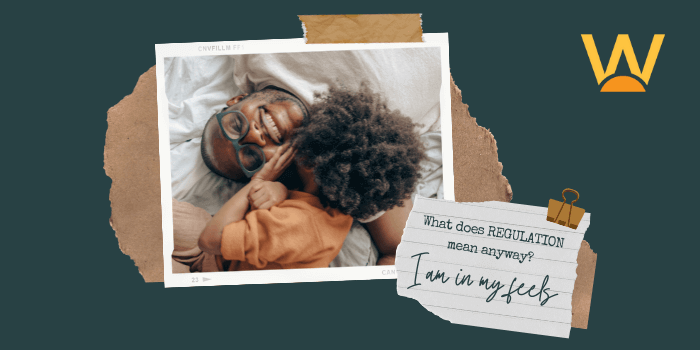“I am in my feels.”
This quote is from a song, but it is a rather common phrase as of late. The statement means, “I am in my feelings”, or “I am feeling my feelings deeply”. This is an experience many of us have throughout our day. The strong feelings that come with daily stressors of managing work life, home life, relationships, finances, or big decisions. These strong feelings can be sad, happy, angry, excited, passionate, guilt, love, or jealousy, along with many others. Many times, these feelings come and go quickly. One thing that often gets confused is the difference between feelings, that we may be much more aware of, and emotions, which we can be aware, or unaware of.
Our emotional state is our body’s reaction to our environment based on our understanding of the experience. For instance, when I come home, and I see the dishes sitting in the sink after a long day of work, I will probably have an emotional reaction. My thought may be, “why didn’t anybody else clean these dishess”, which may provoke a feeling of frustration. My reaction may be to have a quickened heartbeat, quickened breathing, or a flush face. These are automatic, brain and body experiences, that I may not be aware of. Moments later my husband comes in, and notes my irritation, and states “what’s wrong”. There may be two things happening in this moment, my emotional state is agitated prompted by my experiences, and my thoughts and feelings of frustration are increasing. The difference between emotions and feelings can be confusing, depending on which article you read on the subject, but how I like to best understand this, is feelings are conscious experiences, and emotions are automatic reactions to our experiences. Why is this important in this conversation? This is important because when we discuss emotional regulation, we are talking about that brain/body experience, and the awareness needed to calm that reaction.
For our very young children, who are learning about their feelings and emotions, our modeling of our own emotional control can be very important.
Our little ones often look to us to learn how to manage when they are angry, sad, disappointed, jealous, excited, or embarrassed. They do not necessarily understand the emotional responses they are experiencing in their bodies, and do not know how to express the feeling they have about their experience. Due to this, their emotions and feelings may come out as behaviors, which parents often have their own feelings and emotional reactions about.
For instance, my sweet baby girl and I were cleaning her room. My job was clear…throw away the unnecessary toys, trash, and junk that had accumulated over time. I was on a mission, and I’m sure there was a clear emotional state. However, as I looked to my daughter, she began to get a little sassier, and not follow my directions. Of course, my very clear purpose was getting lost. The emotions began to simmer, and I began to state, “Young lady, you need to listen to me, right now”. Then my daughter’s emotions began to simmer as she began to cry. My emotions became even stronger, “You are going to get in trouble if you do not listen to my words! I am getting upset”. There you have it folks, I lost my emotional control, and was able to express this to my daughter. However, my daughter sat there lost in her own emotional experience.
Due to my own state of mind, I couldn’t help her in that moment. This is where self-regulation and co-regulation comes into play. I needed to be aware of my own charged emotional state when I went into her room with a purpose. The purpose, which we can name as the emotion anxiety, about the “things that need to get done”. That emotion was driving me not to be aware of what was happening for my little one in that moment. If I took a moment to recognize her behavior as a reaction to her own emotional state, I may have looked inside and realized I was being quite a bully. My daughter was having thoughts and feelings about my determination to get rid of her things…her personal belongings.
This is why emotion regulation is so important. This is why understanding and becoming aware of our own emotions is so impactful in our role as parents. By learning and being aware of our own emotional state, we are more responsive, not less responsive to the emotional needs of our children. Through that calm responsiveness, we teach our children how to regulate their own emotions with our assistance. Through that awareness of our own emotional state, and our child’s emotional state, we can build healthier relationships with our children.
Through healthy relationships, our very young children become more confident, more effective communicators, and can grow to have a strong ability to regulate their own emotions when it is time.

